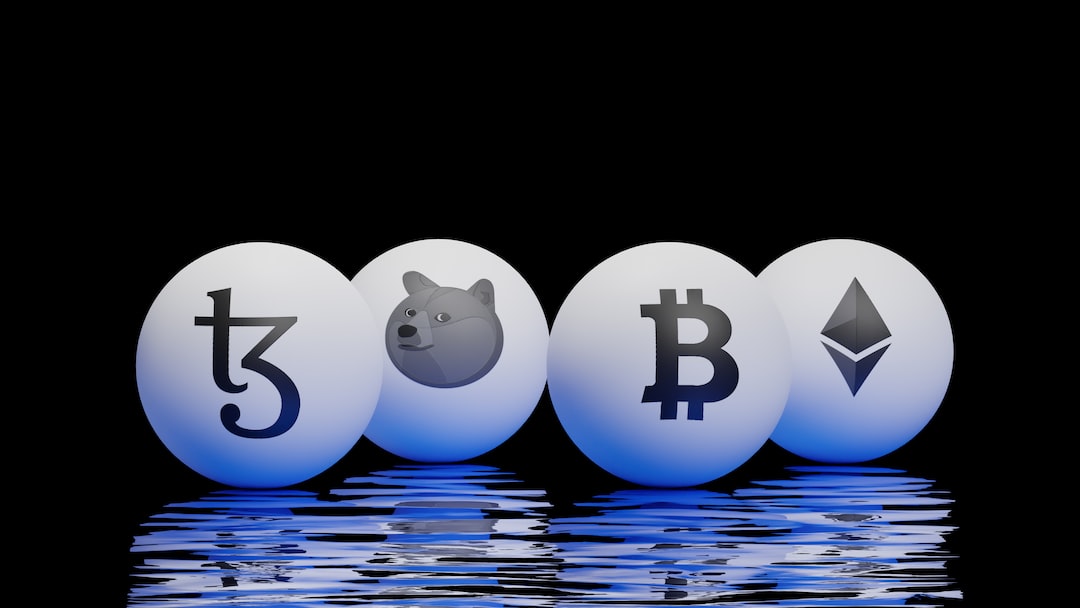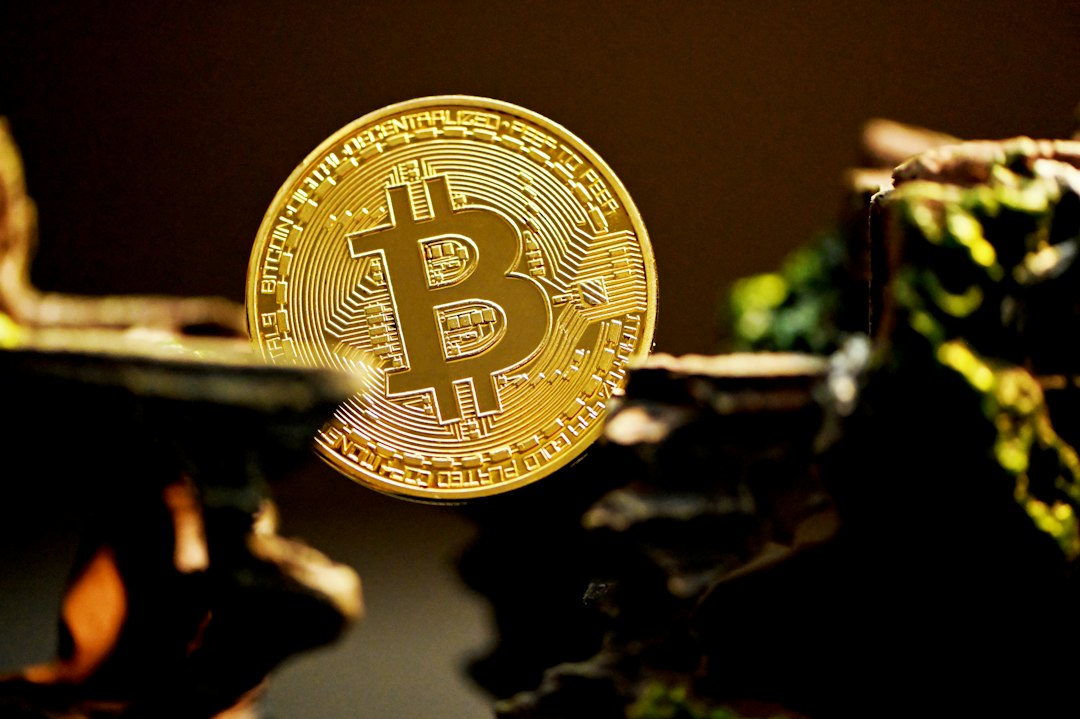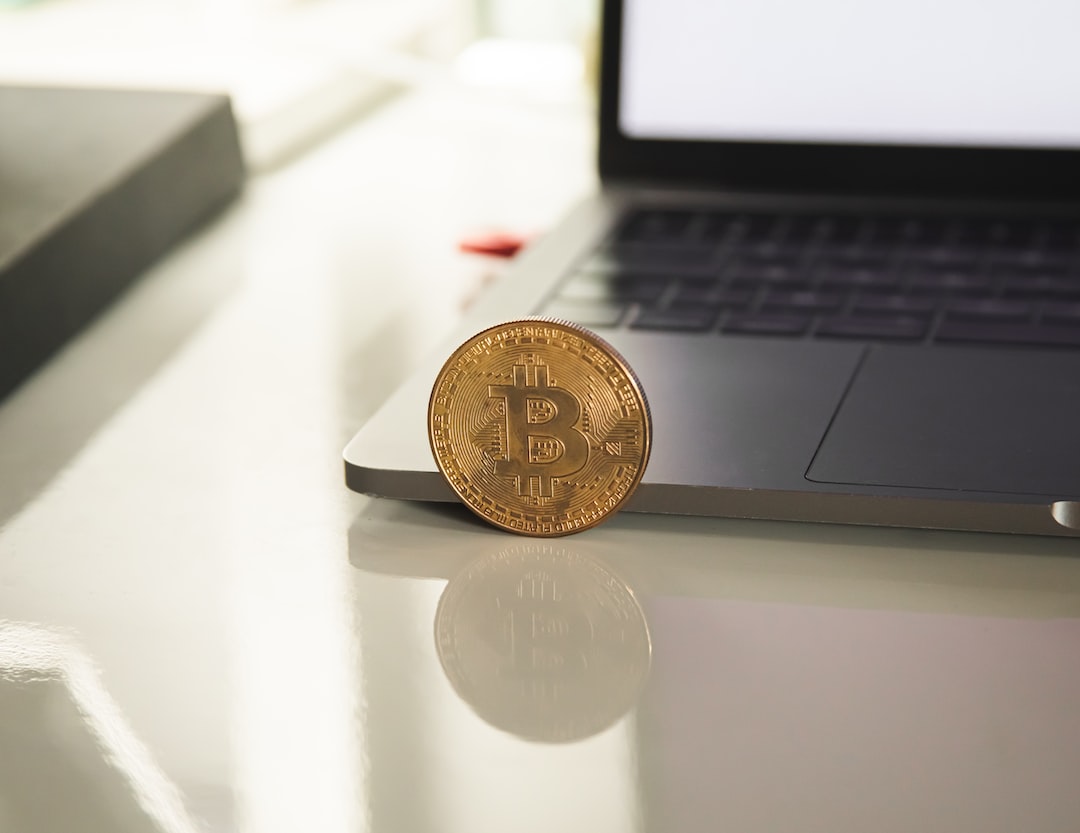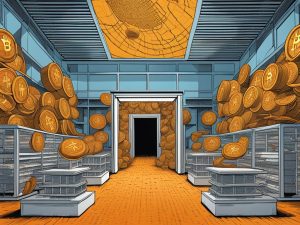Gary Gensler States Pokémon Card Is Not a Security, But Leaves Tokenization Question Open
The Chairman of the U.S. Securities and Exchange Commission (SEC), Gary Gensler, testified before the House Financial Services Committee (HFSC) and acknowledged that a Pokémon card is not considered a security under U.S. law. However, he did not provide a definitive answer when asked about the classification of a tokenized Pokémon card. New York Representative Ritchie Torres questioned Gensler during the meeting, asking whether purchasing a Pokémon card constitutes a security transaction. Gensler responded that buying a Pokémon card at a retail store is not considered a security. When asked about buying a blockchain token representing the physical card from an online exchange, Gensler stated that he would need more information to determine its classification.
Controversial Responses and Criticism
Torres expressed dissatisfaction with Gensler’s answers, referring to them as “incoherent” and criticizing his overall approach to regulating crypto. Torres argued that Pokémon cards are never securities, and tokenizing them does not change their nature. He accused Gensler of having a bias against blockchain technology. Despite Torres’ criticism, Gensler did not immediately respond to Decrypt’s request for comment.
Benefits of Tokenizing Pokémon Cards
Tokenizing Pokémon cards as non-fungible tokens (NFTs) allows collectors to connect the physical and digital worlds. By holding a digital twin of the card on the blockchain, collectors have an additional way to display their collection beyond physical showings. Platforms like Courtyard offer crypto-powered card trading where buyers retain digital versions of their purchased Pokémon cards while keeping the physical cards securely stored. Tokenization also enables collectors to earn passive royalties when their collectibles are sold.
SEC’s Lack of Clarity on Blockchain Assets
Gensler’s testimony is not the first time he has faced pressure to provide regulatory clarity on blockchain assets. In June, he criticized the crypto industry for noncompliance and compared it to 1920s-era fraudsters. The SEC has yet to define clear guidelines on what constitutes a security in the crypto space, relying on the Howey Test. Torres argued that a digital asset alone is not a security but can be part of an investment contract. However, he noted that an investment contract requires an actual contract, which the Howey case involved.
Hot Take: Pokémon Cards as NFTs Bridge Physical and Digital Worlds
The tokenization of Pokémon cards as NFTs offers collectors a unique way to merge their physical collections with the digital realm. By creating a digital twin of their cards, collectors can display and trade their assets in new ways. The ability to earn passive royalties and store physical cards securely adds additional value to tokenized Pokémon cards. While Chairman Gensler’s stance on tokenization remains unclear, it is evident that this emerging trend provides exciting opportunities for collectors and enthusiasts alike.





 By
By
 By
By
 By
By

 By
By